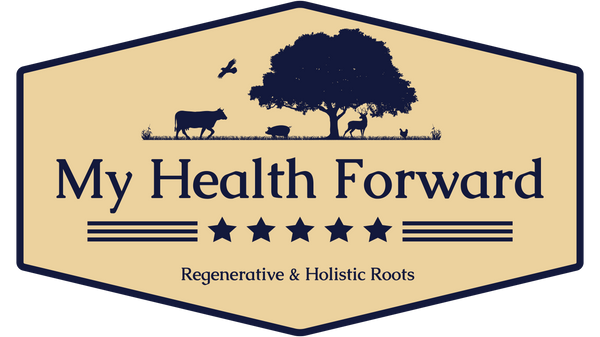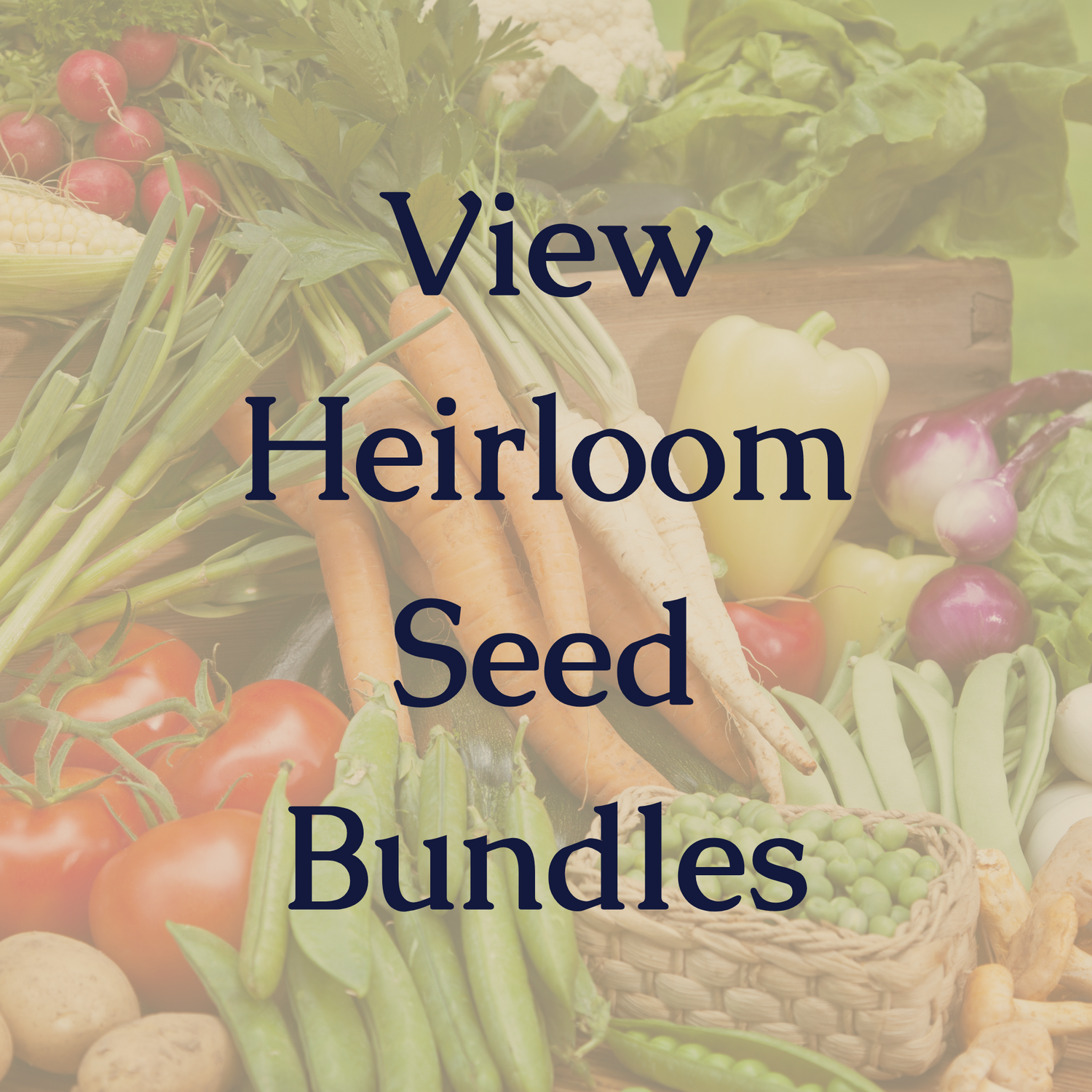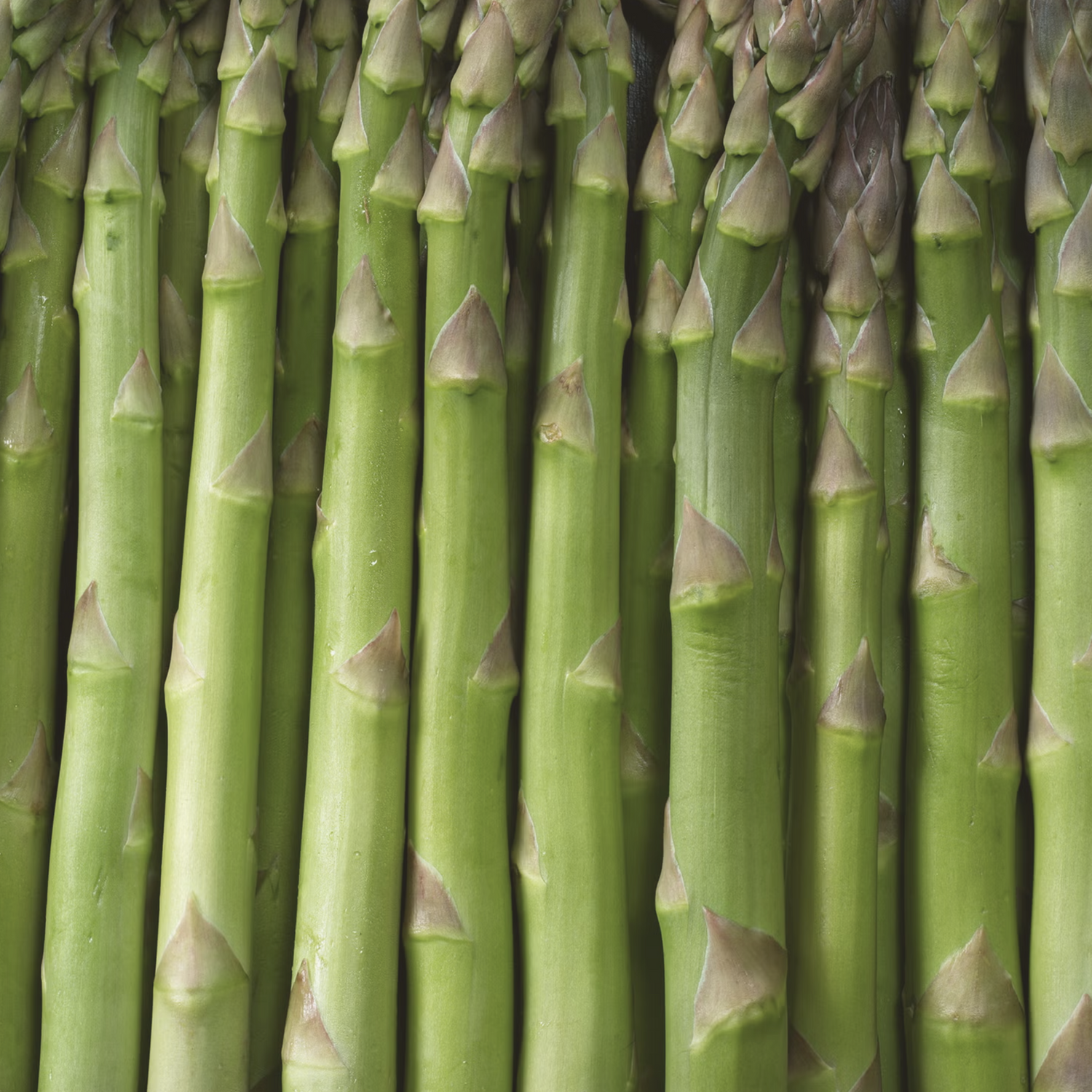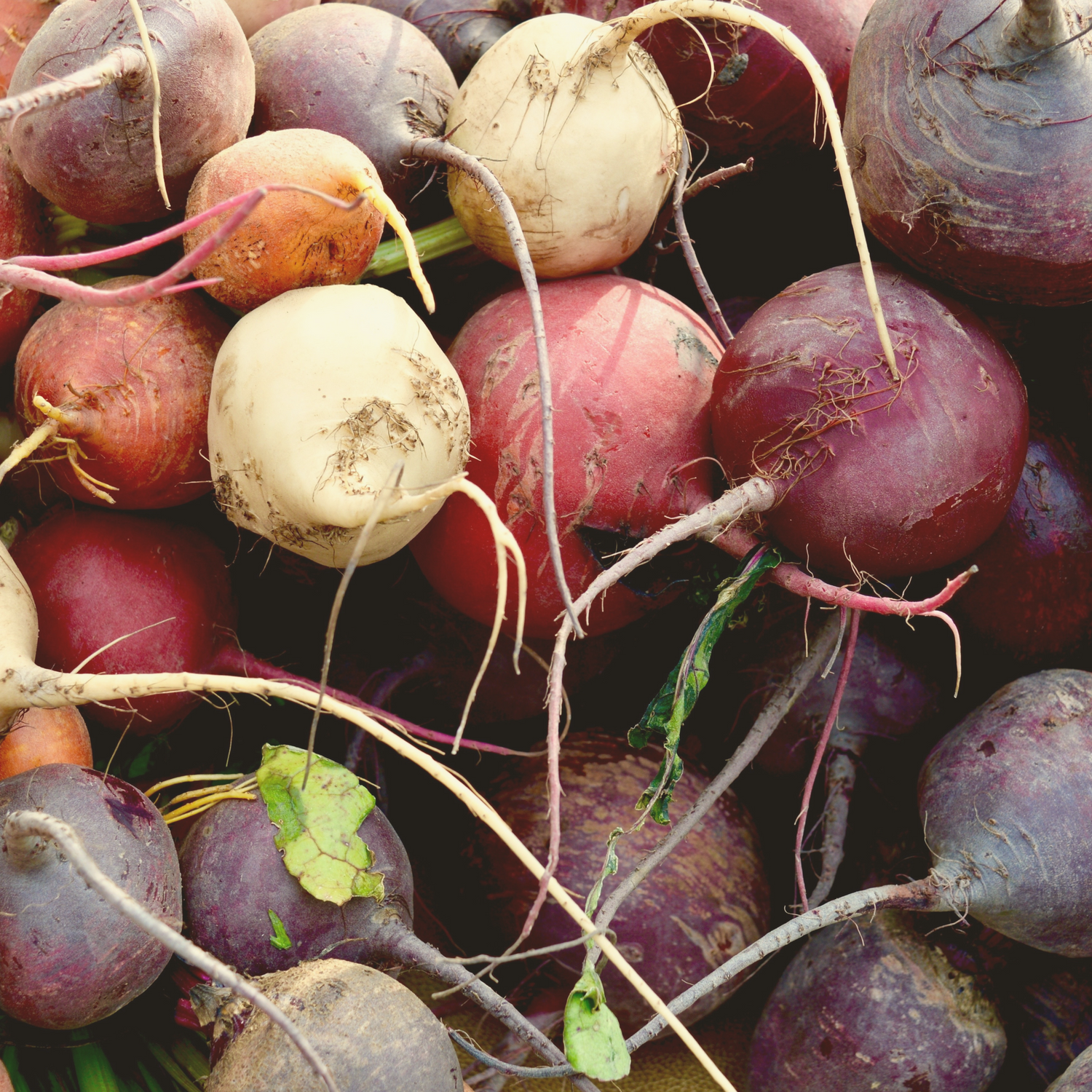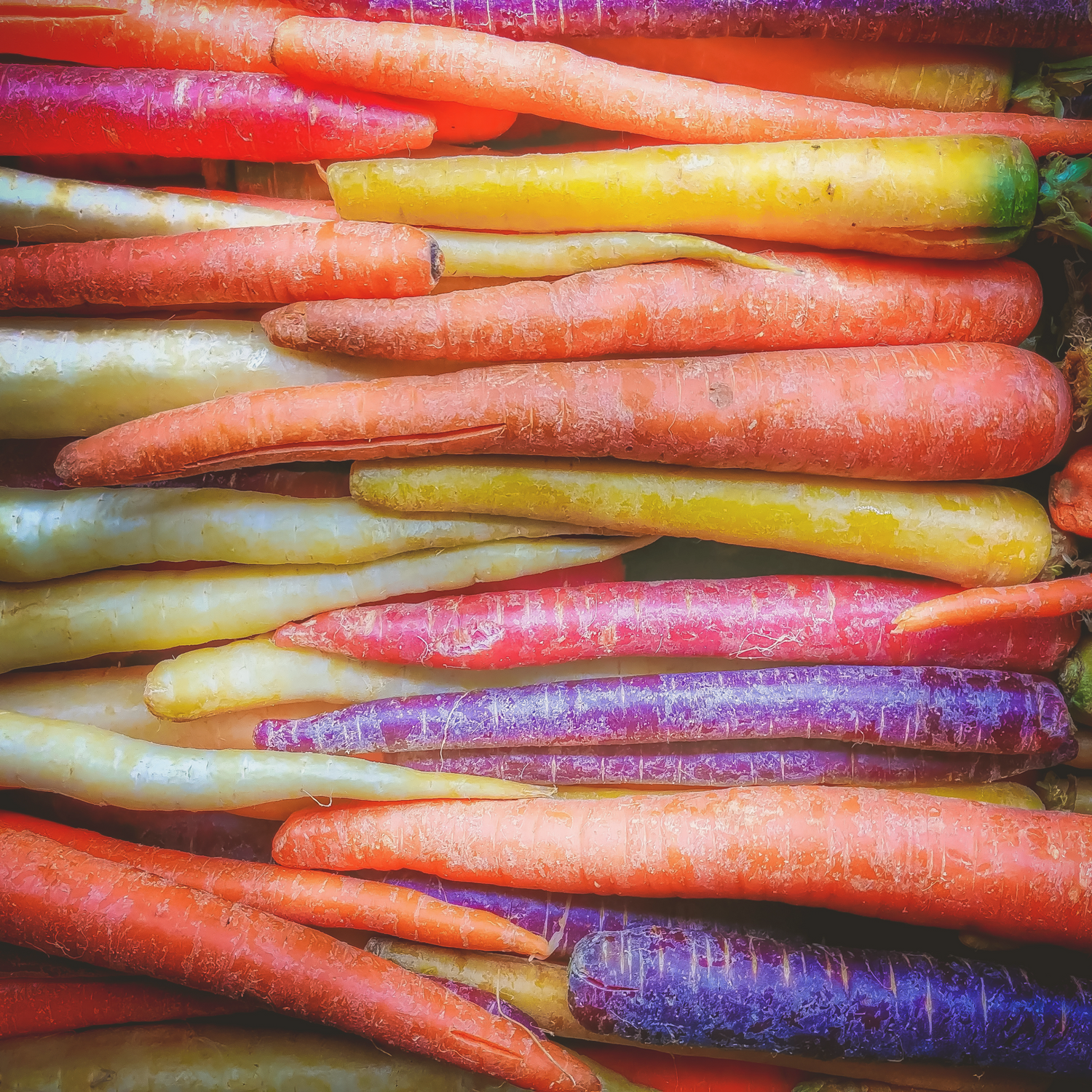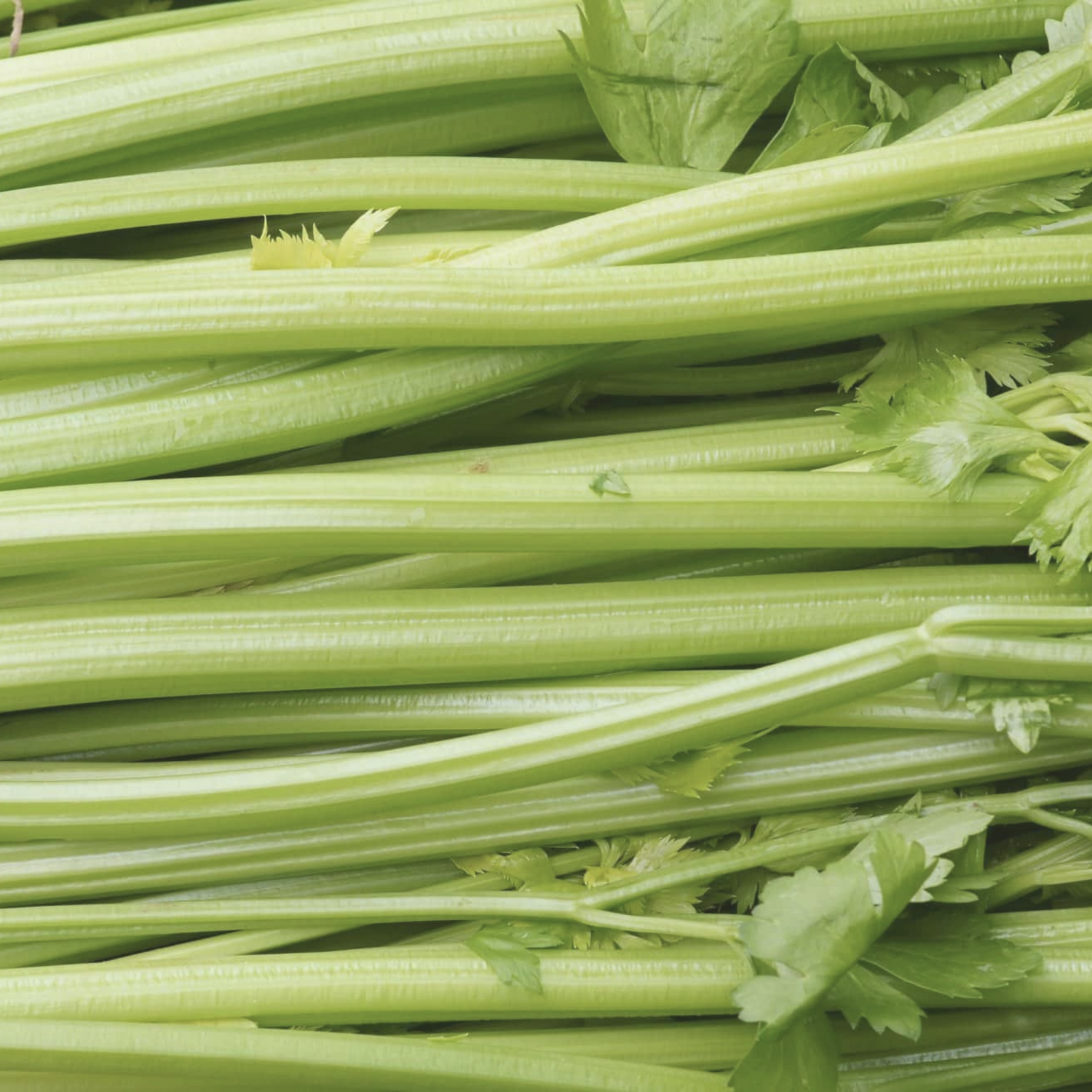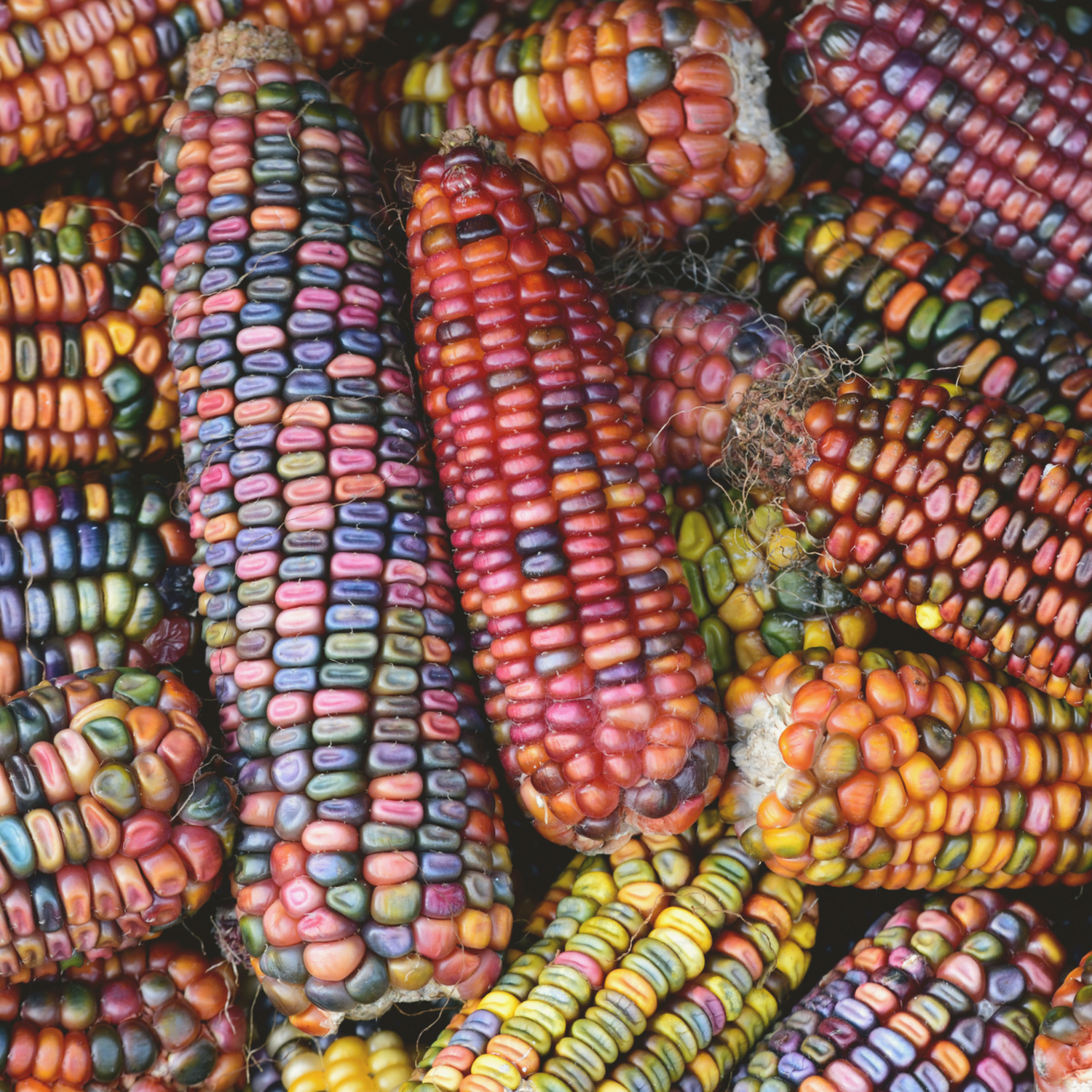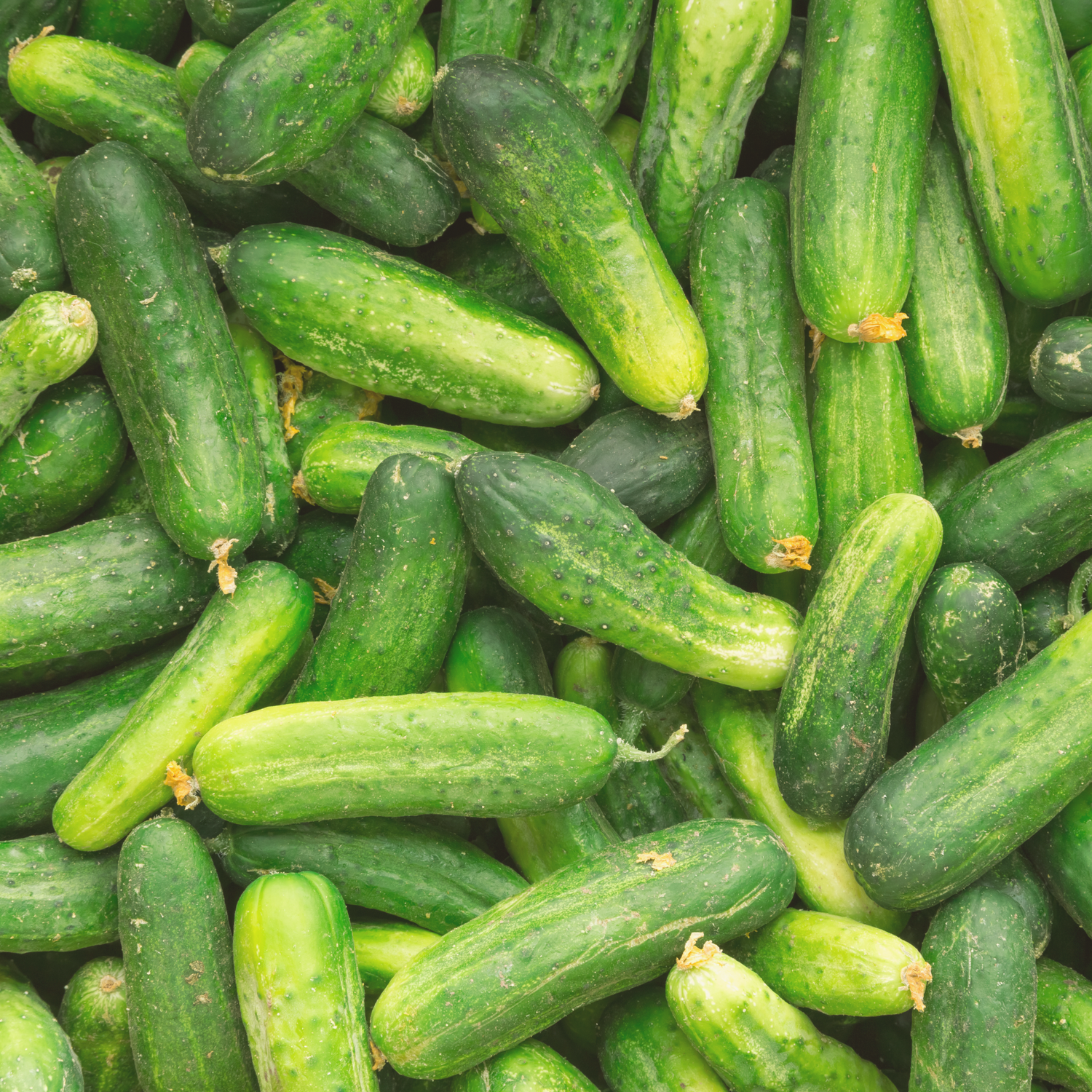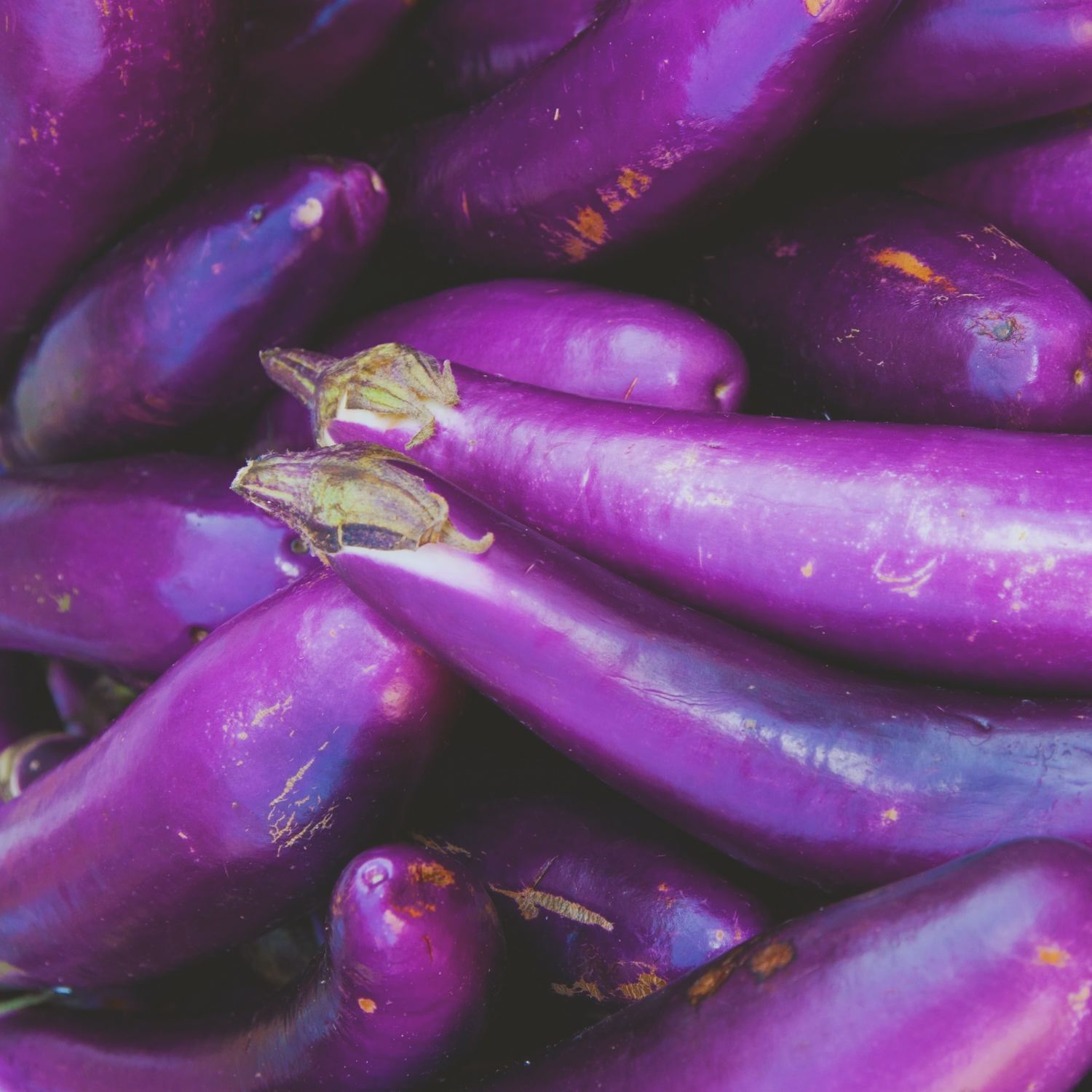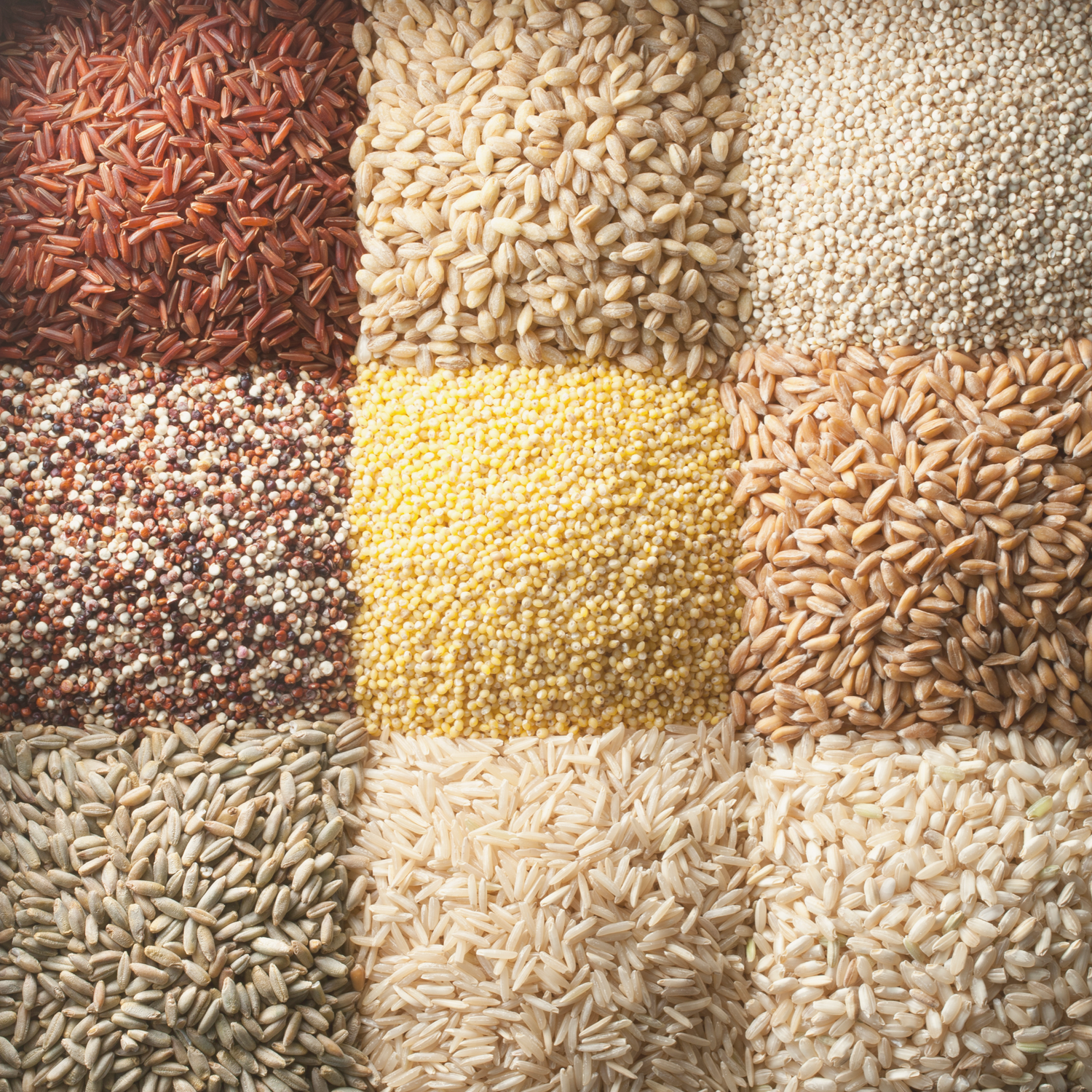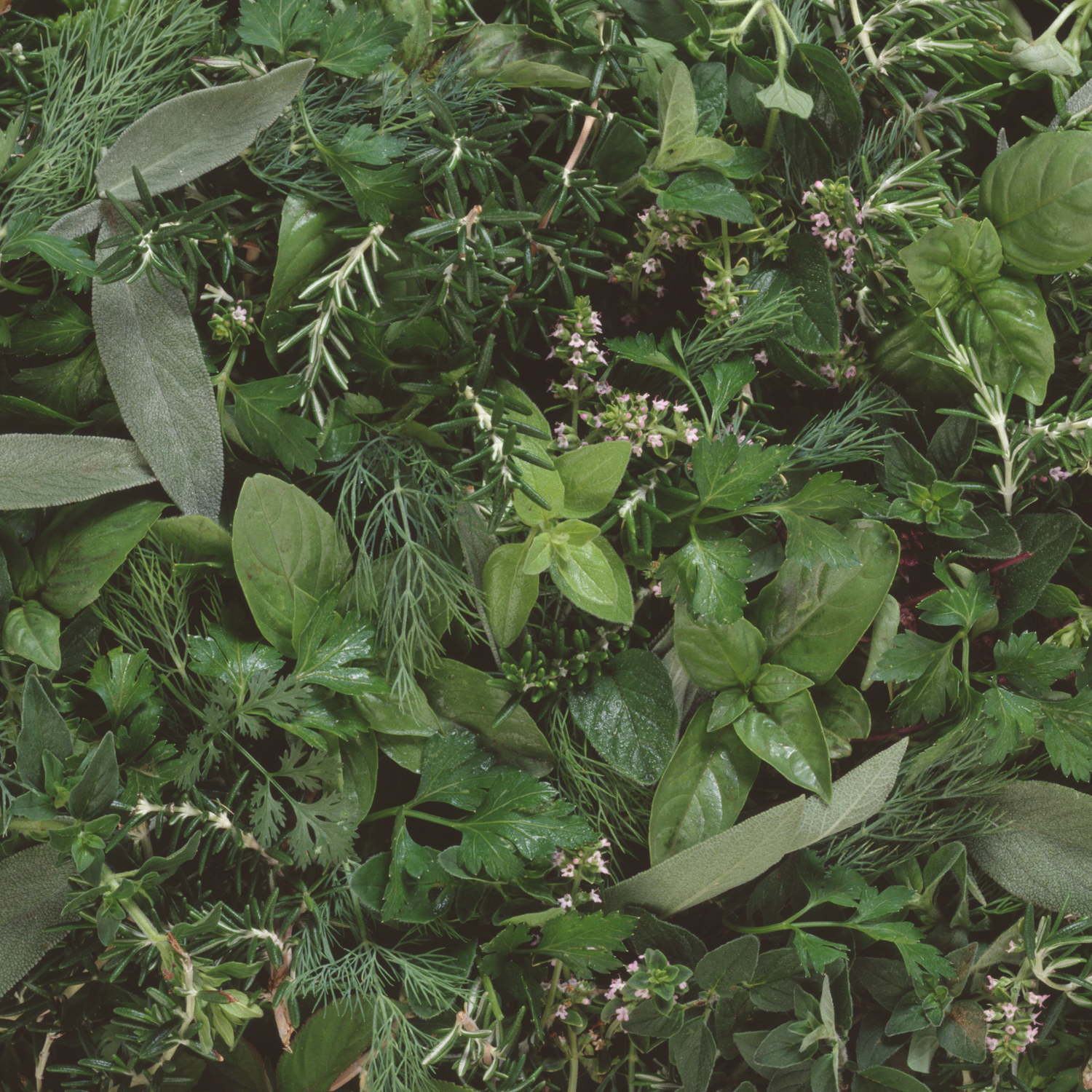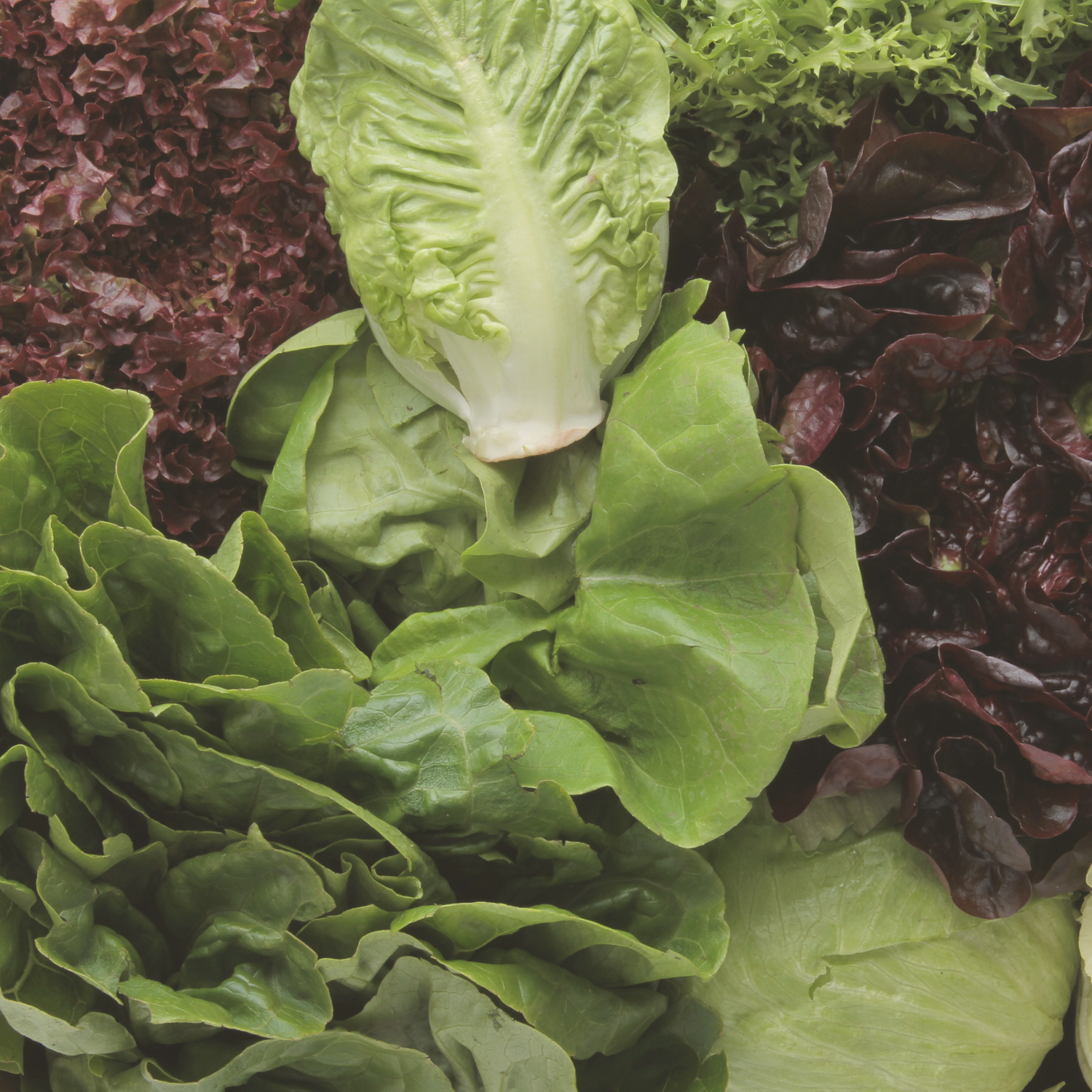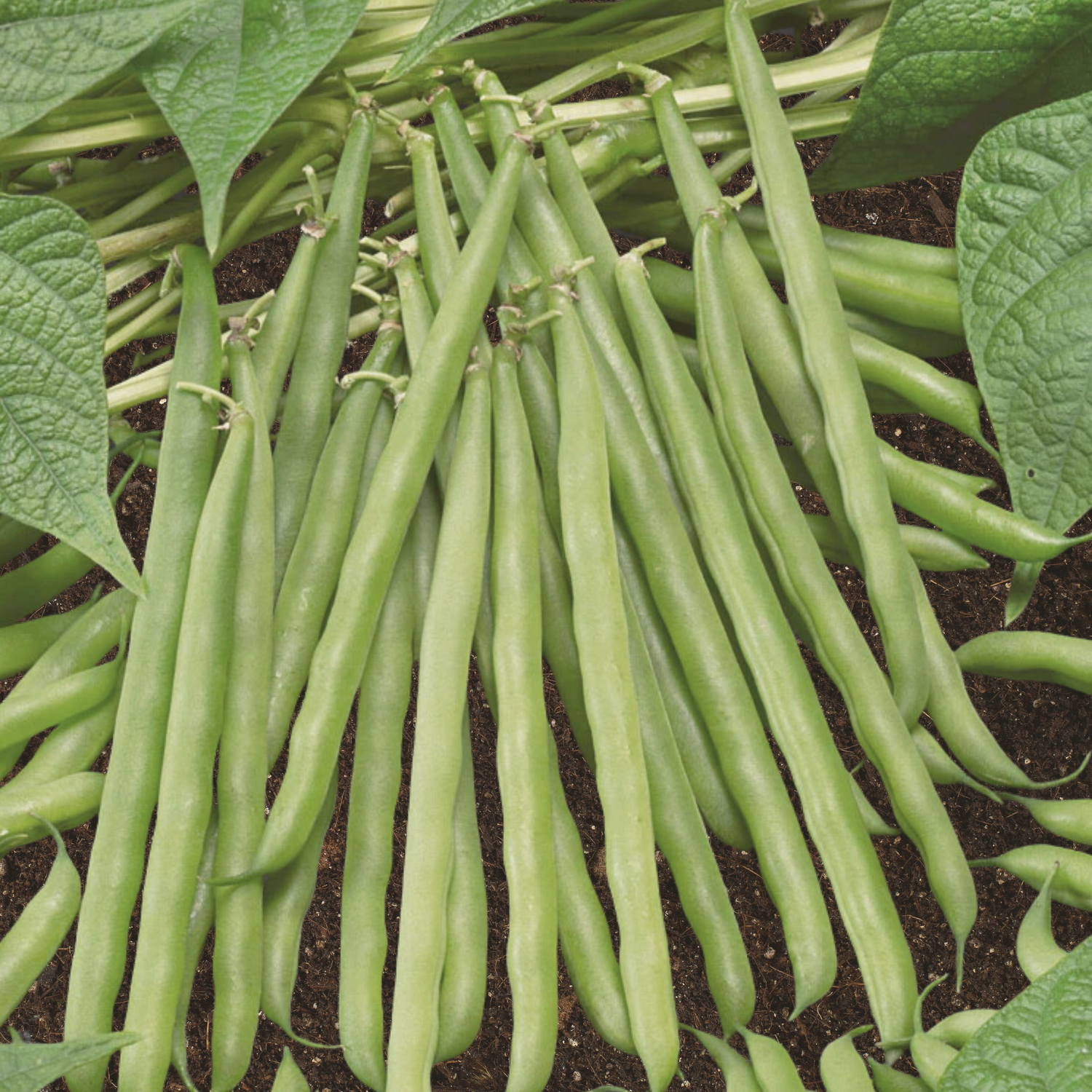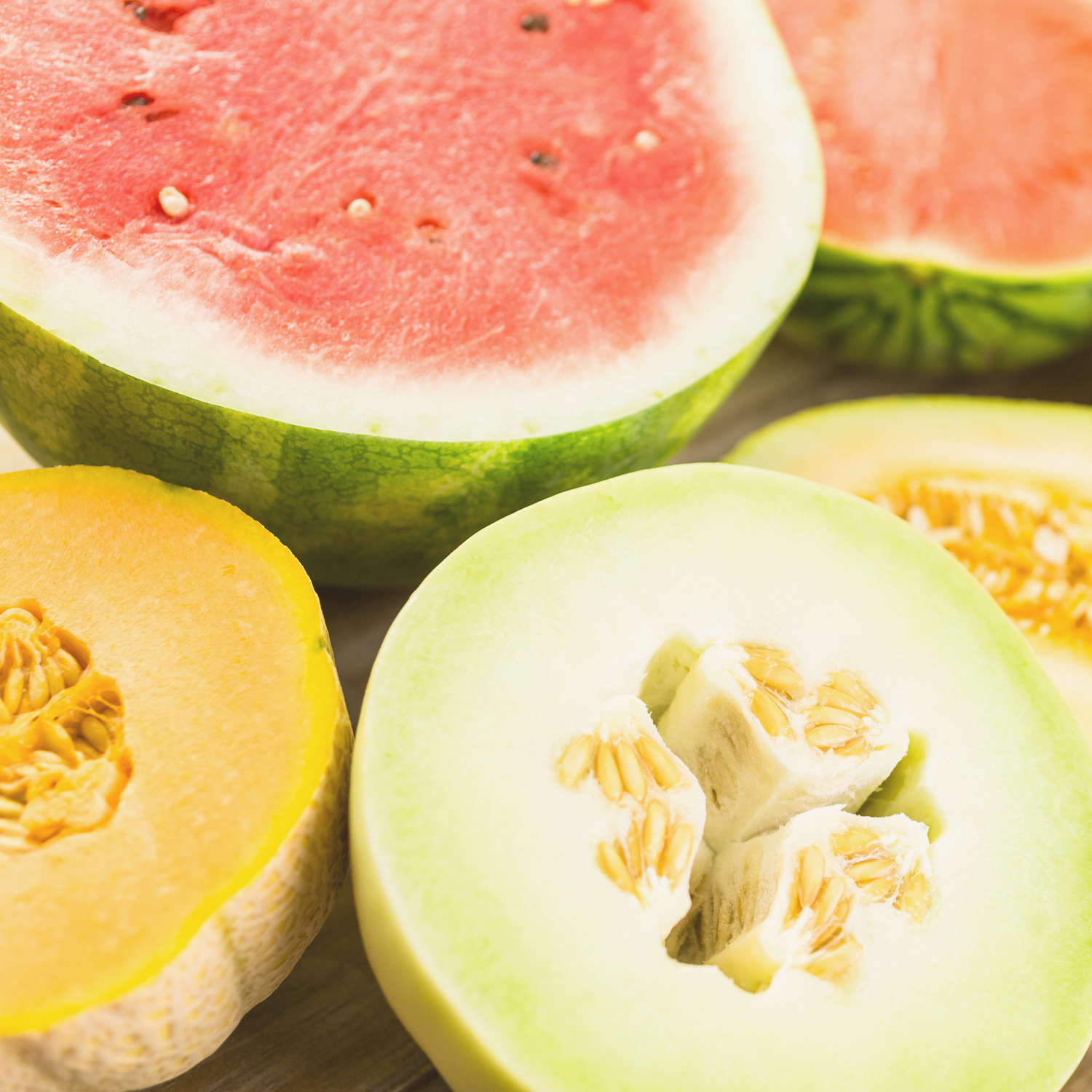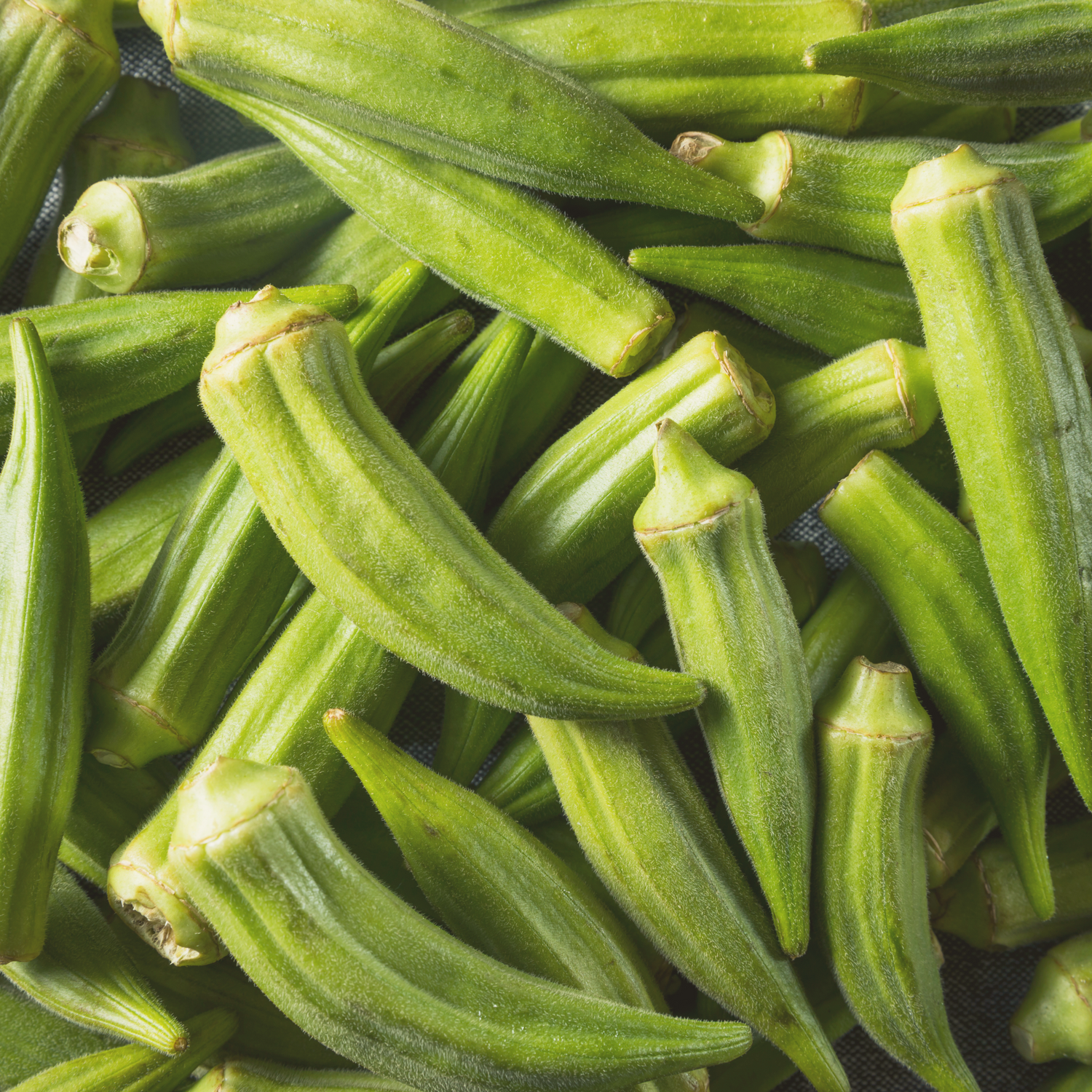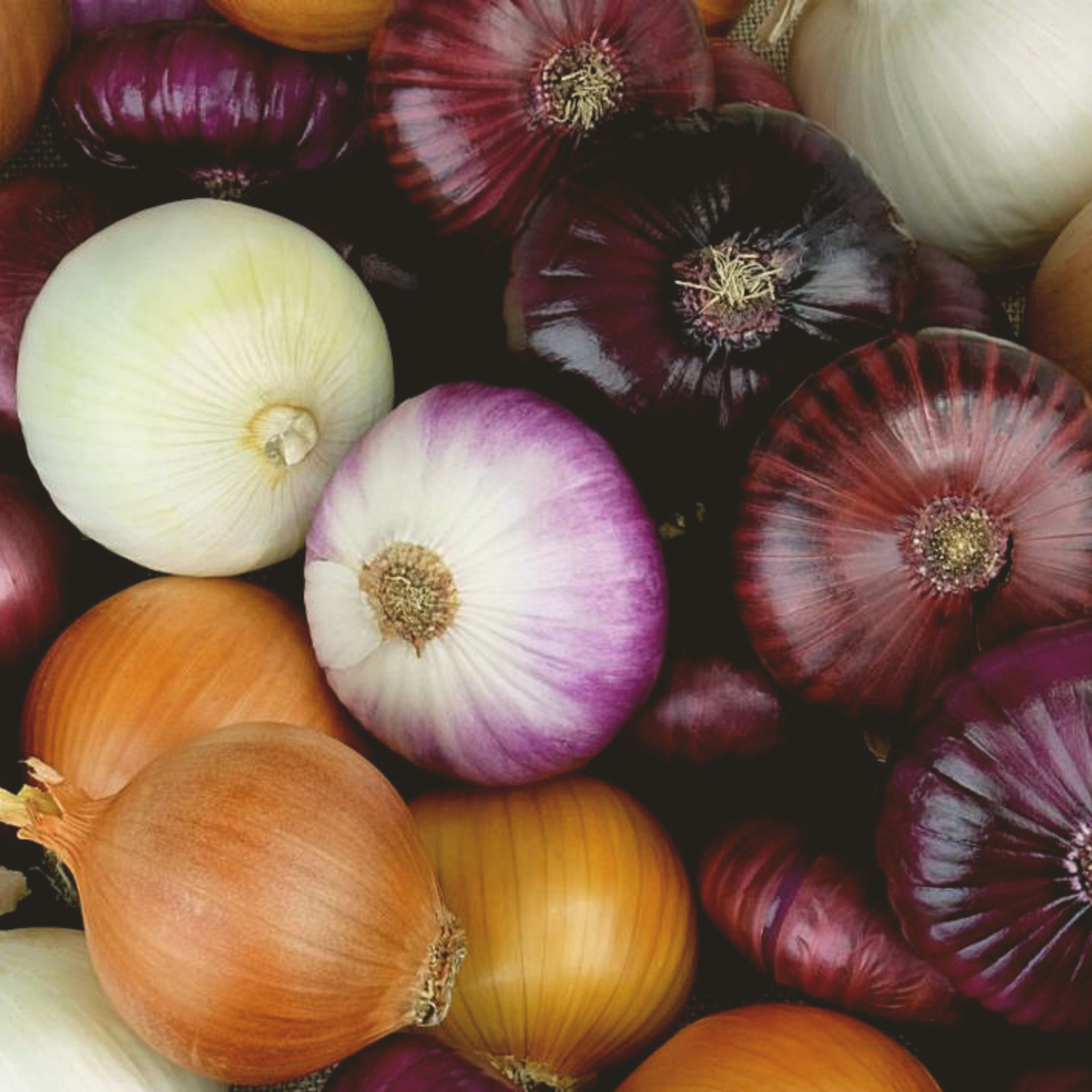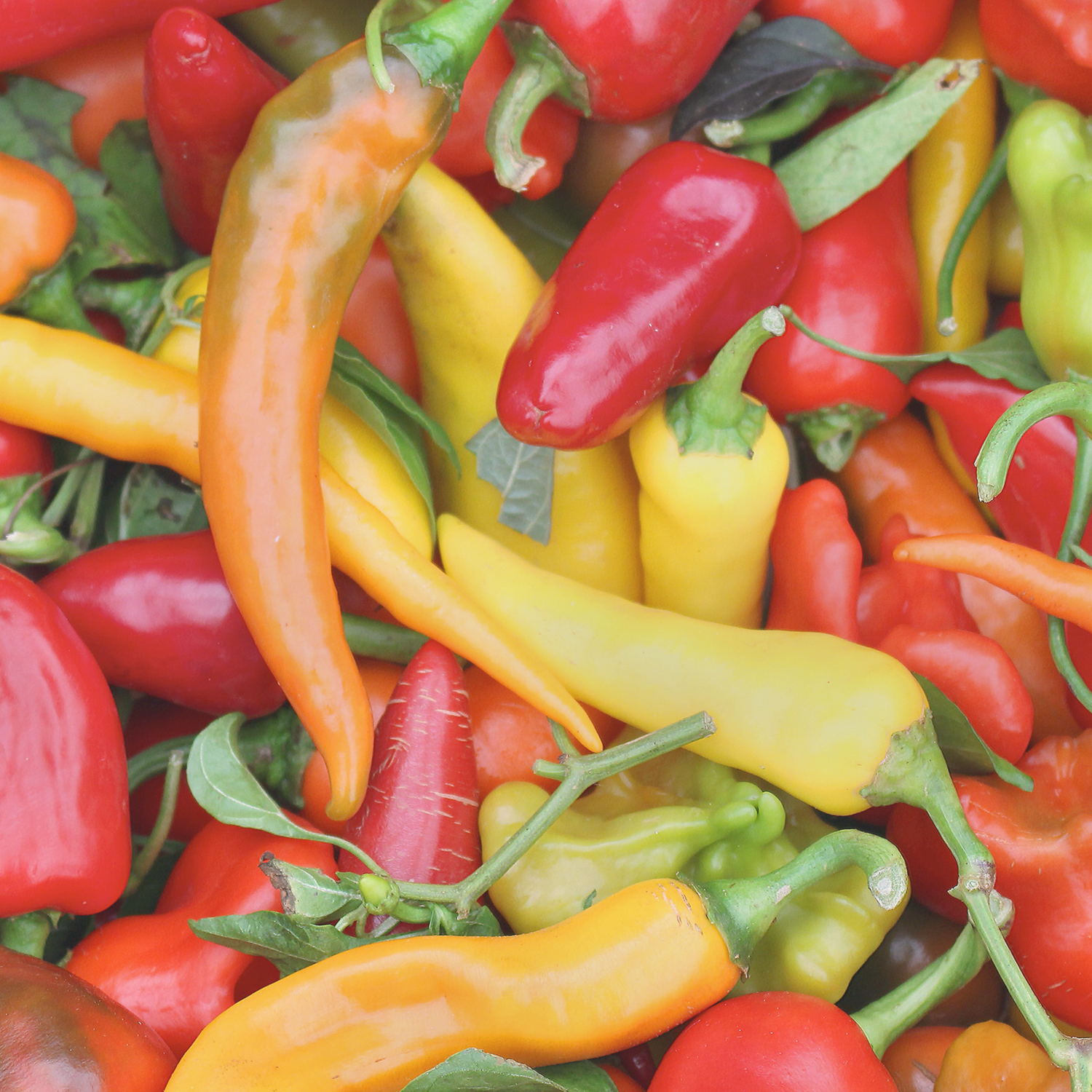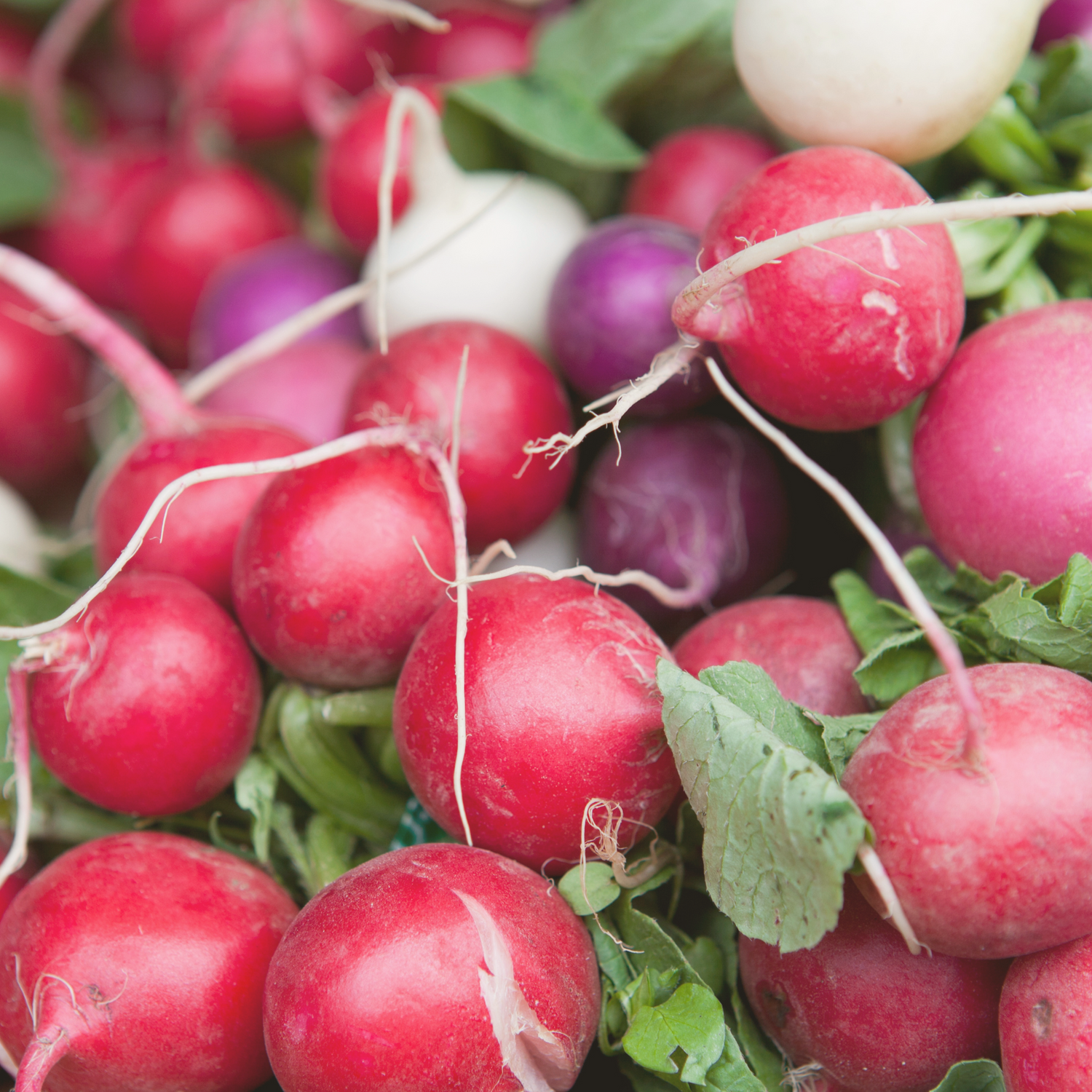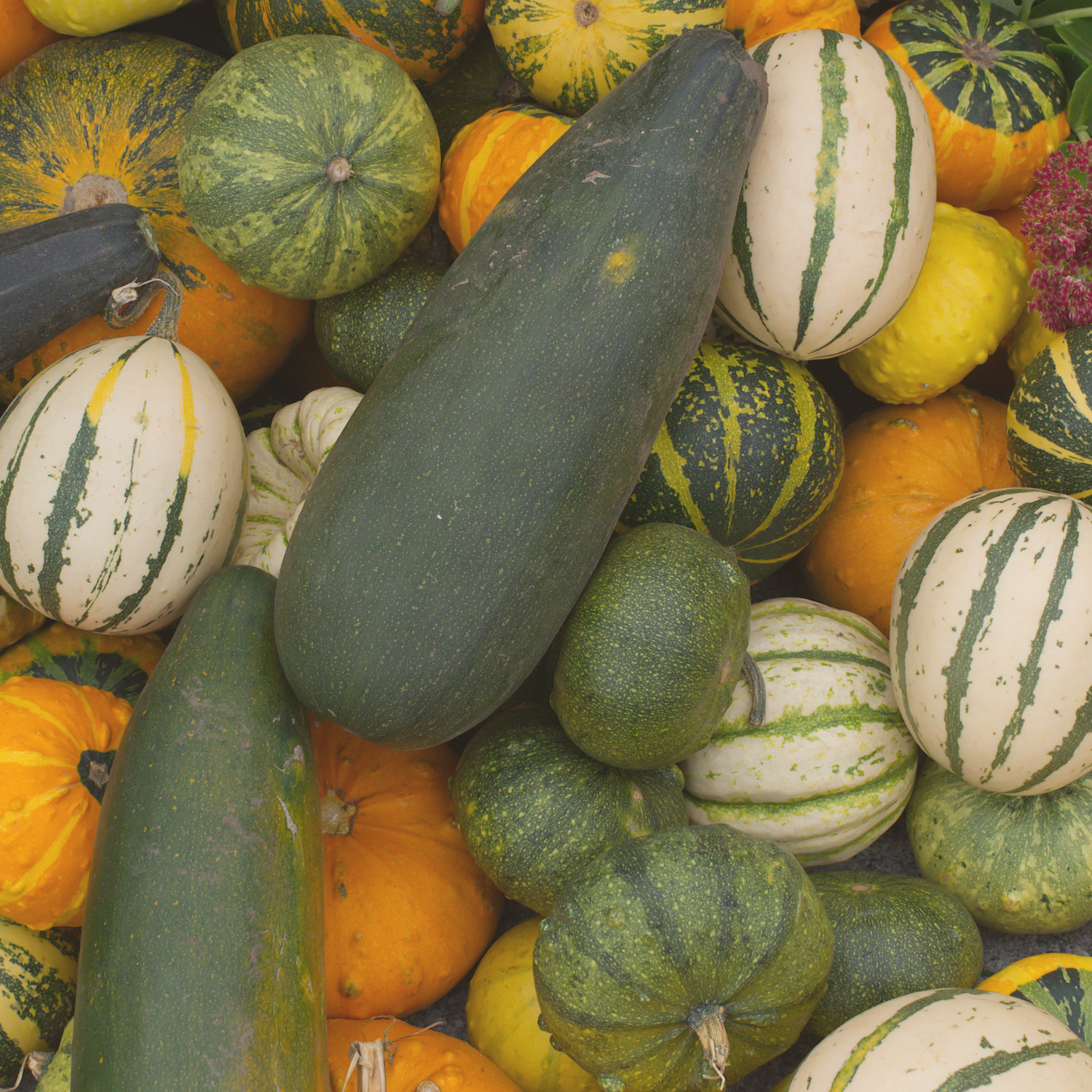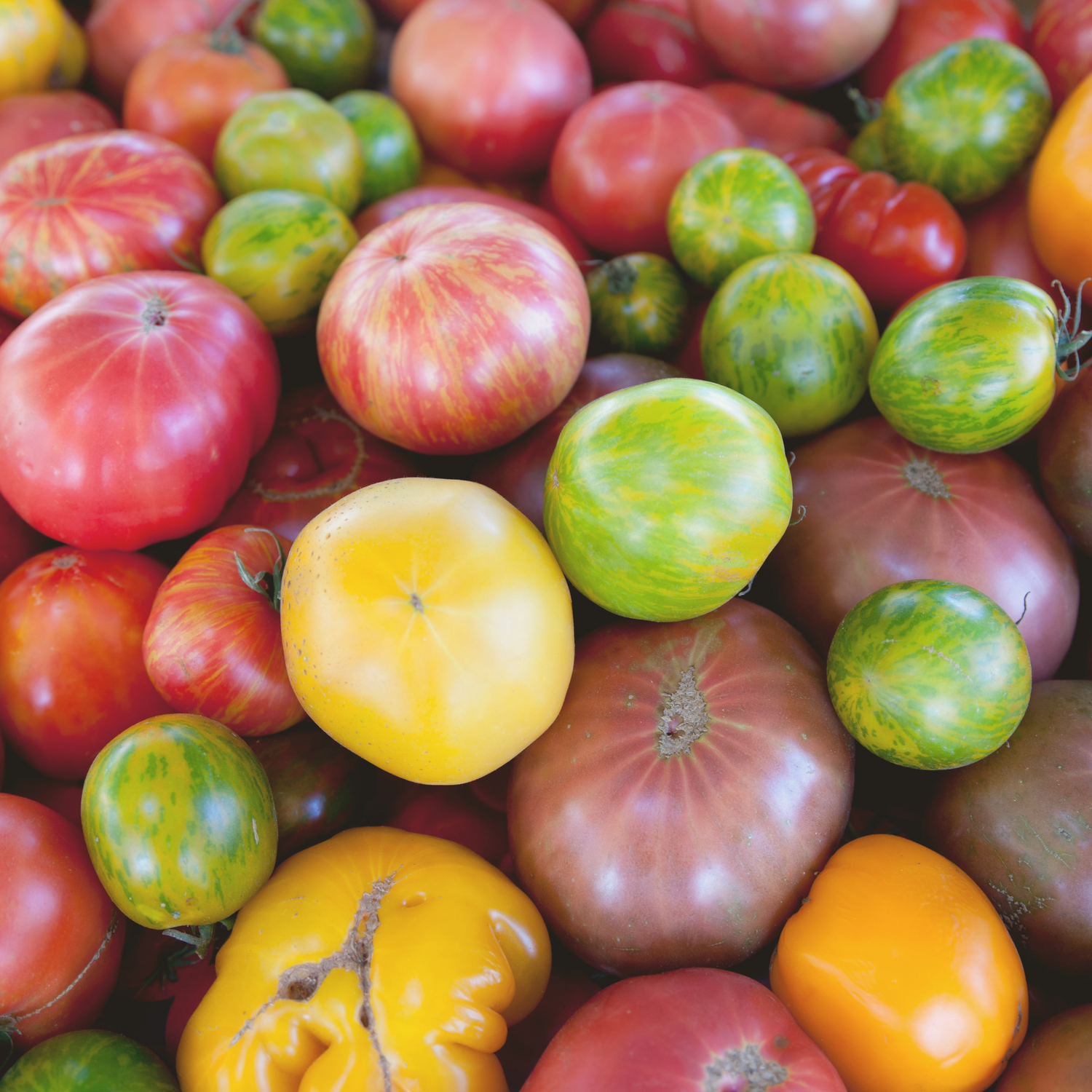Grow Nutrient Dense Food.
Regenerate your soil and health with heirloom seeds grown by small family farms across America. Plant open-pollinated seeds that will breed true to type. Free of herbicides, pesticides, and fungicides. Your order supports my work in starting school gardens, seed banks, and prairies.
-

Browse All Heirloom Seeds
View all 180+ heirloom, wildflower, and native grass seed varieties.
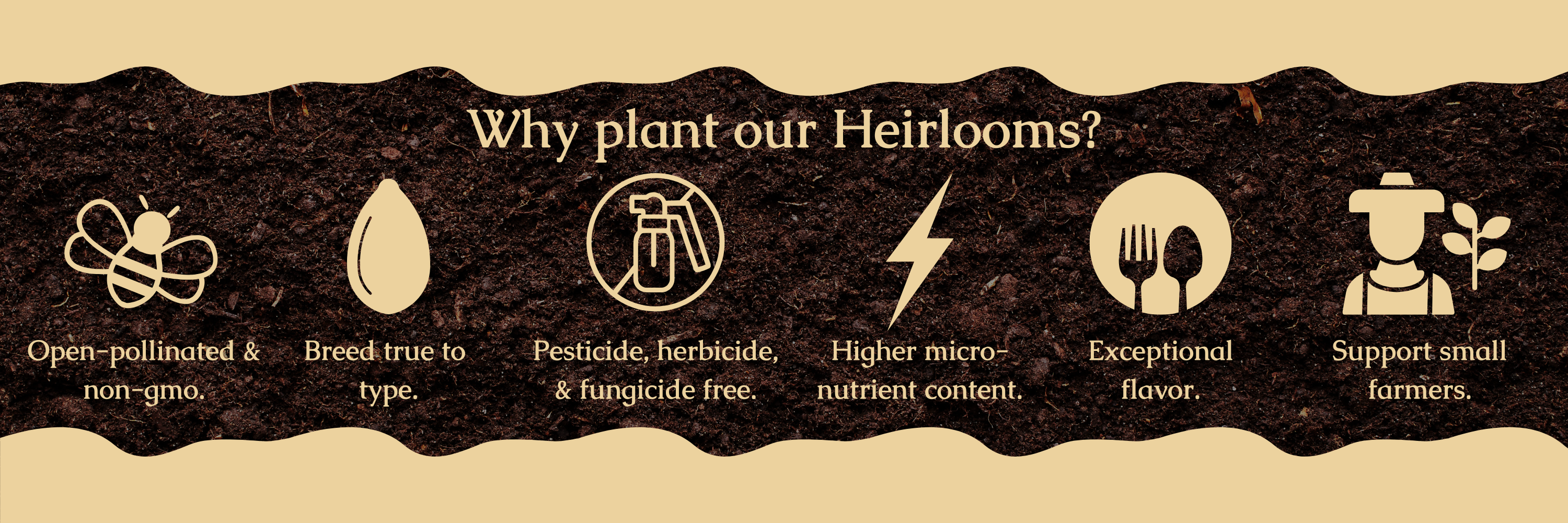
Let customers speak for us
from 346 reviewsThis is the only place I buy seeds. Terrific company.

Germinated right away and already growing fast!

After just a couple of days, my seeds for Summer squash are popping out of the dirt, healthy and green! I’m thrilled with all the seeds I have purchased from My Health Forward. They all are happily growing! I will definitely order again!!

Ive already got seeds sprouting indoors. I ordered a lot of seeds and my order was fullfilled perfectly. Thank you!

I trust My Health Forward for my seed purchased. 100%

Seeds sprouted in 5 days or less super exciting stuff impeccable service

Thank you for all the work that you do in providing access to heirloom seeds and upholding food sovereignty and sustainability practices :)

Cannot wait to purchase more seeds, I’m a horticulturist and I’ve been looking for someone to purchase heirloom seeds from, and I finally found the place! No damage to the packaging whatsoever the package was sealed tight and they love how the seeds were packed so cute! Can’t wait to start sowing my seeds!

I’m beyond impressed with My Health Forward’s Heirloom “Small Cherry Red Tomato” Seeds! Within just 6 days of planting indoors in containers, I already have vibrant little plants springing up. These seeds germinated so much faster than any standard seeds I’ve tried before.
I’m thrilled to see such promising growth and can’t wait to get these plants ready for the upcoming spring season. If you're looking for high-quality seeds that deliver quick and reliable results, these are a must-have for your garden. Highly recommend!

It's only been a few days and my seeds are already starting to sprout! I can't wait to taste these delicious lettuce heads!

Can't wait and see the results! The seeds look healthy and the package arrived in a short time

Ordering was easy and reasonably priced. Will order again.

Heirloom Seed Varieties
-
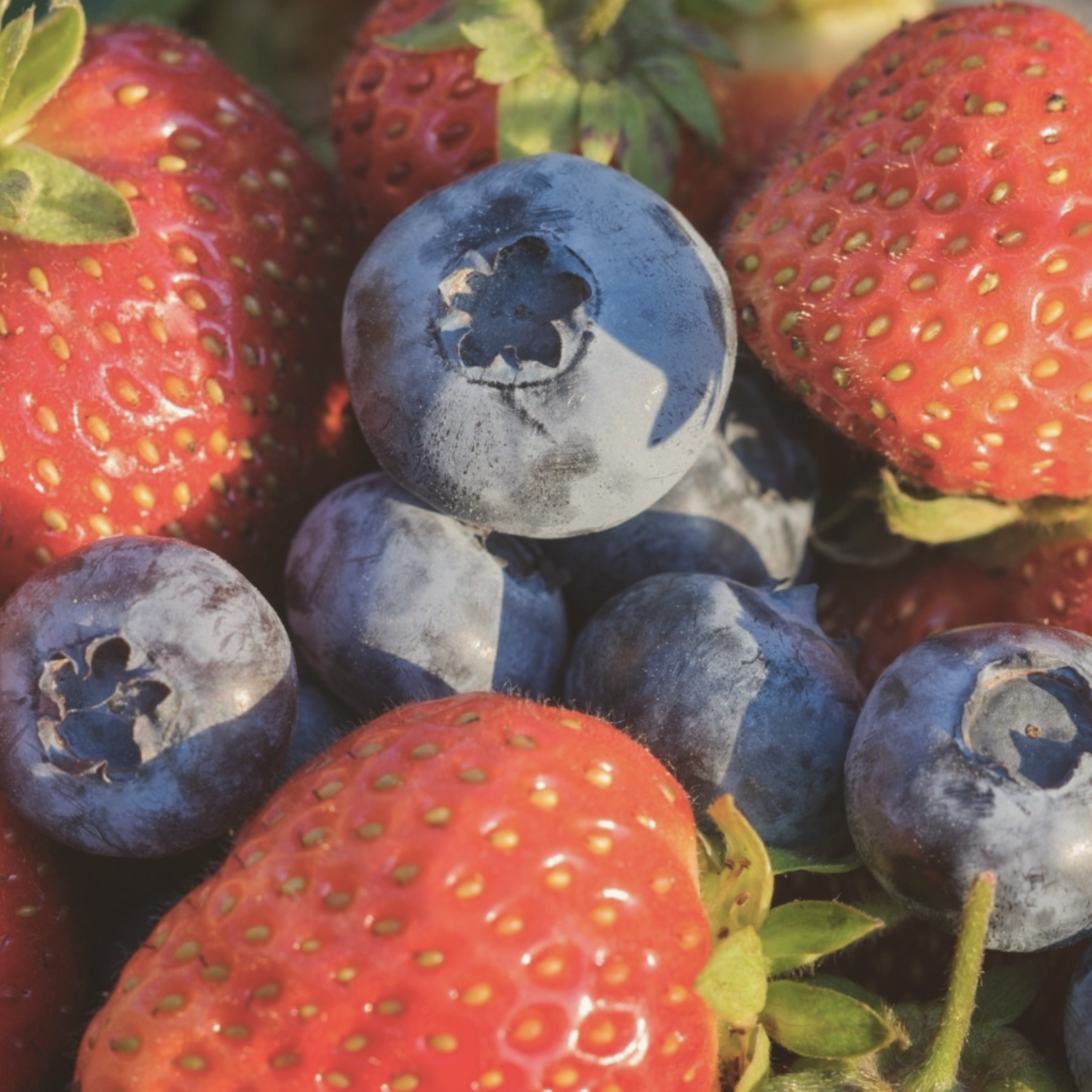
Berry Varieties
Open-pollinated, non-gmo, and pesticide-free berry seeds.
-
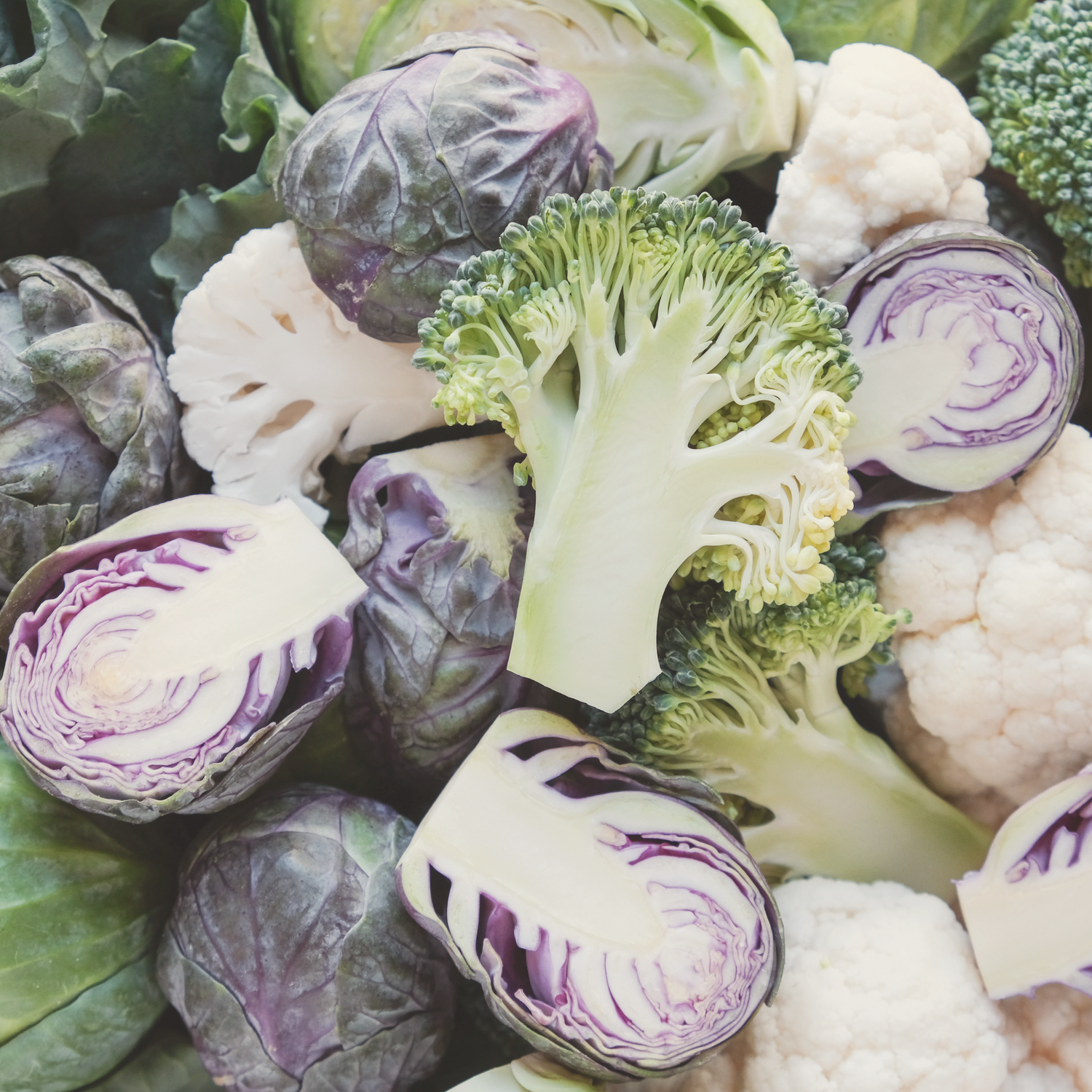
Cruciferous Varieties
Open-pollinated, non-gmo, and pesticide-free heirloom cruciferous seeds.
-
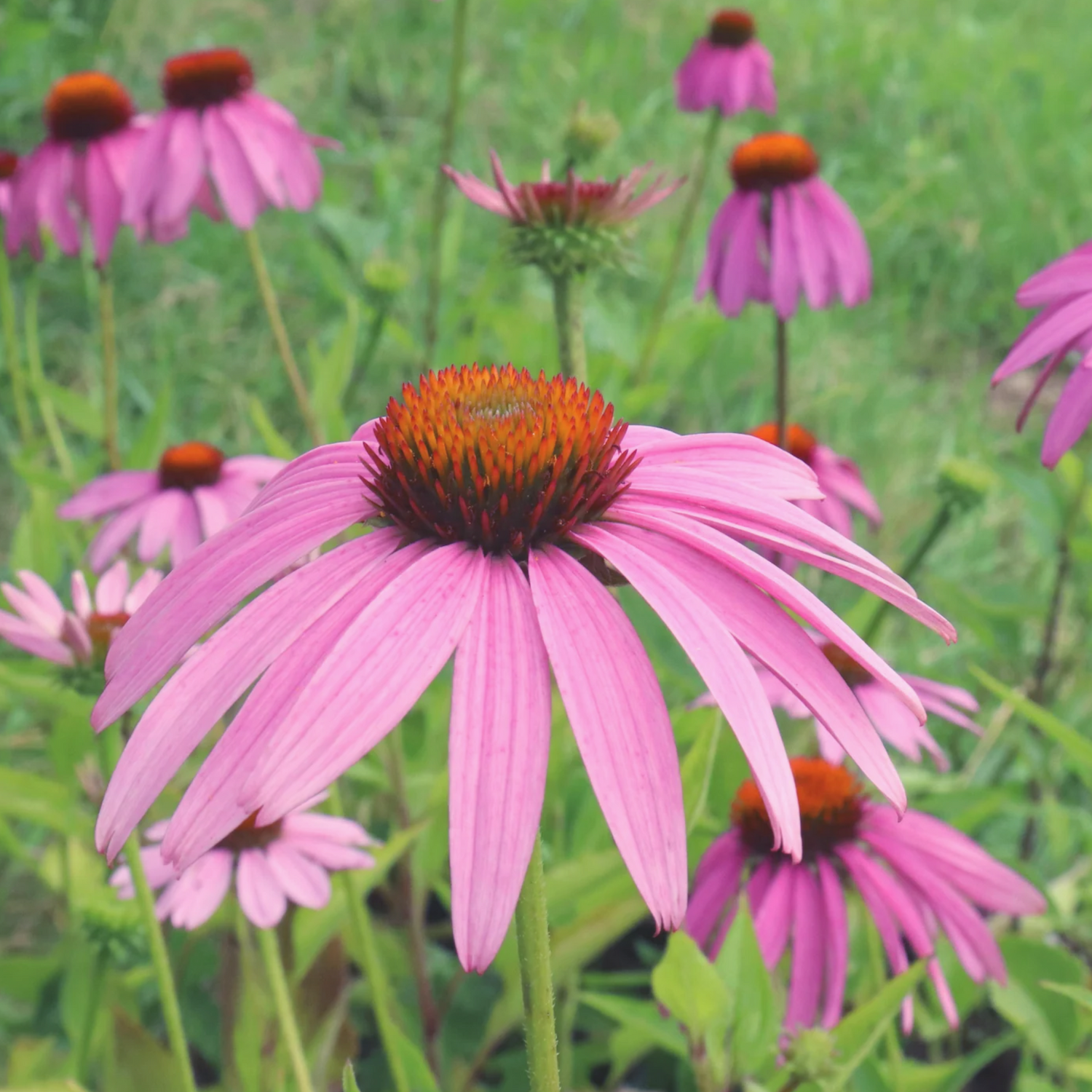
Wildflower Varieties
Open-pollinated, non-gmo, and pesticide-free wildflower seeds.
FAQs
What are heirloom seeds?
Heirlooms are open-pollinated seed varieties that have been grown, cultivated, and passed down for generations (minimum 50+ years). They have stood the test of time, and you can continue their legacy.
Are the seeds non-gmo?
The seeds are all non-gmo. There is no risk for cross-contamination because we do not grow any gmos or use any genetically engineered soil microbes. We signed the safe seed integrity pledge which states the following.
"Seeds are essential for the provision of healthy food, our well-being, and that of our environment and planet. We must protect the diversity and genetic integrity of our seeds to provide the foundation for a stable, safe food supply for us and for generations to come.
The mechanical alteration of genetic material outside of natural reproductive methods within or between genera, families or kingdoms, poses great biological risks as well as environmental, economic, political, and cultural threats.
New methods of genetic engineering such as CRISPR and other genome editing or gene silencing technologies are touted as precise and safe by the biotech industry. Independent studies, however, document the same risks of off-target and unintended changes to the organism as older genetic engineering methods. Yet, the U.S. and other governments have declined to regulate organisms produced with newer genetic engineering technologies (also known as New Genomic Techniques or NGTs) and no safety testing is required prior to their release.
An ever-increasing number of organisms are being genetically altered in labs and are quietly making their way into our gardens, farms, and food supply. The increased pace of commercialization of whole foods that are directly eaten by consumers such as salad greens, tomatoes, potatoes, mushrooms, pineapples, apples, bananas, and chestnuts, as well as flowers such as pollinator-favorite petunias, increases the urgency of protecting the genetic integrity of our seeds.
We wish to support agricultural progress that leads to healthier soils, genetically stable and diverse agricultural ecosystems, and ultimately people and communities.
For the benefit of all farmers, gardeners, and consumers, we pledge that we do not knowingly buy, sell, or trade genetically engineered seeds or plants created using transgenic, cisgenic, RNAi, CRISPR/cas9 or any other genetic engineering technology."
What does open-pollinated mean?
Open-pollinated means that the plants are naturally pollinated by birds, bees, butterflies, insects, wind, and rain. The open-pollinated plants breed true to type. This means that the seeds from the plant can be replanted and will produce a nearly identical crop to the parent.
How long do the seeds last?
Heirlooms can store 3-5 years with high germination in a cool, dark, and dry place. You can also harvest seeds from what you grow and replant those to get the same crop.
Do heirlooms have more nutrients?
Yes, heirloom varieties contain a wider range of micro-nutrients that will help your health thrive. The decline of nutrients in product is actually primarily driven by the shift away from heirloom varieties towards modern, high-yield varieties.
Do heirlooms taste different?
Yes, heirlooms each have a unique flavor resulting from their varied origins and nutrient profiles. Contrary to bland produce found at many grocery stores, heirlooms are bursting with flavor.
Do your heirlooms have high germination?
Yes, our heirlooms are tested for high germination and trusted by thousands of home gardeners and growers like you!
Are heirlooms pollinator friendly?
Yes, the heirloom crops will provide habitats for pollinators like bees and butterflies and improve biodiversity in your soil.
Are the seeds organic?
The seeds are chemical free and are not treated with pesticides, herbicides, or fungicides.
Do these work with hydroponic and tower systems?
Yes, the seeds will germinate and grow well in hydroponic growing systems, greenhouses, and gardening towers.
Do heirloom seeds have more nutrients?
Heirloom seeds are widely regarded as being more nutrient dense and a having a wider range of micronutrients than modern hybrids.
Do you have a seed planting calendar/guide?
Yes, check your email order confirmation. The link is in that email. You can also access the guide here.
Seed Integrity Pledge
We signed the safe seed integrity pledge which states the following.
"Seeds are essential for the provision of healthy food, our well-being, and that of our environment and planet. We must protect the diversity and genetic integrity of our seeds to provide the foundation for a stable, safe food supply for us and for generations to come.
The mechanical alteration of genetic material outside of natural reproductive methods within or between genera, families or kingdoms, poses great biological risks as well as environmental, economic, political, and cultural threats.
New methods of genetic engineering such as CRISPR and other genome editing or gene silencing technologies are touted as precise and safe by the biotech industry. Independent studies, however, document the same risks of off-target and unintended changes to the organism as older genetic engineering methods. Yet, the U.S. and other governments have declined to regulate organisms produced with newer genetic engineering technologies (also known as New Genomic Techniques or NGTs) and no safety testing is required prior to their release.
An ever-increasing number of organisms are being genetically altered in labs and are quietly making their way into our gardens, farms, and food supply. The increased pace of commercialization of whole foods that are directly eaten by consumers such as salad greens, tomatoes, potatoes, mushrooms, pineapples, apples, bananas, and chestnuts, as well as flowers such as pollinator-favorite petunias, increases the urgency of protecting the genetic integrity of our seeds.
We wish to support agricultural progress that leads to healthier soils, genetically stable and diverse agricultural ecosystems, and ultimately people and communities.
For the benefit of all farmers, gardeners, and consumers, we pledge that we do not knowingly buy, sell, or trade genetically engineered seeds or plants created using transgenic, cisgenic, RNAi, CRISPR/cas9 or any other genetic engineering technology."
Who packs the seeds?
Matthew hand packs all of the seeds.
What packaging is used?
The seed packs are eco-friendly and made from biodegradable paper.
Do you have a companion planting guide?
Yes, here is a link to my companion planting guide.
Let customers speak for us
from 346 reviewsThis is the only place I buy seeds. Terrific company.

Germinated right away and already growing fast!

After just a couple of days, my seeds for Summer squash are popping out of the dirt, healthy and green! I’m thrilled with all the seeds I have purchased from My Health Forward. They all are happily growing! I will definitely order again!!

Ive already got seeds sprouting indoors. I ordered a lot of seeds and my order was fullfilled perfectly. Thank you!

I trust My Health Forward for my seed purchased. 100%

Seeds sprouted in 5 days or less super exciting stuff impeccable service

Thank you for all the work that you do in providing access to heirloom seeds and upholding food sovereignty and sustainability practices :)

Cannot wait to purchase more seeds, I’m a horticulturist and I’ve been looking for someone to purchase heirloom seeds from, and I finally found the place! No damage to the packaging whatsoever the package was sealed tight and they love how the seeds were packed so cute! Can’t wait to start sowing my seeds!

I’m beyond impressed with My Health Forward’s Heirloom “Small Cherry Red Tomato” Seeds! Within just 6 days of planting indoors in containers, I already have vibrant little plants springing up. These seeds germinated so much faster than any standard seeds I’ve tried before.
I’m thrilled to see such promising growth and can’t wait to get these plants ready for the upcoming spring season. If you're looking for high-quality seeds that deliver quick and reliable results, these are a must-have for your garden. Highly recommend!

It's only been a few days and my seeds are already starting to sprout! I can't wait to taste these delicious lettuce heads!

Can't wait and see the results! The seeds look healthy and the package arrived in a short time

Ordering was easy and reasonably priced. Will order again.

